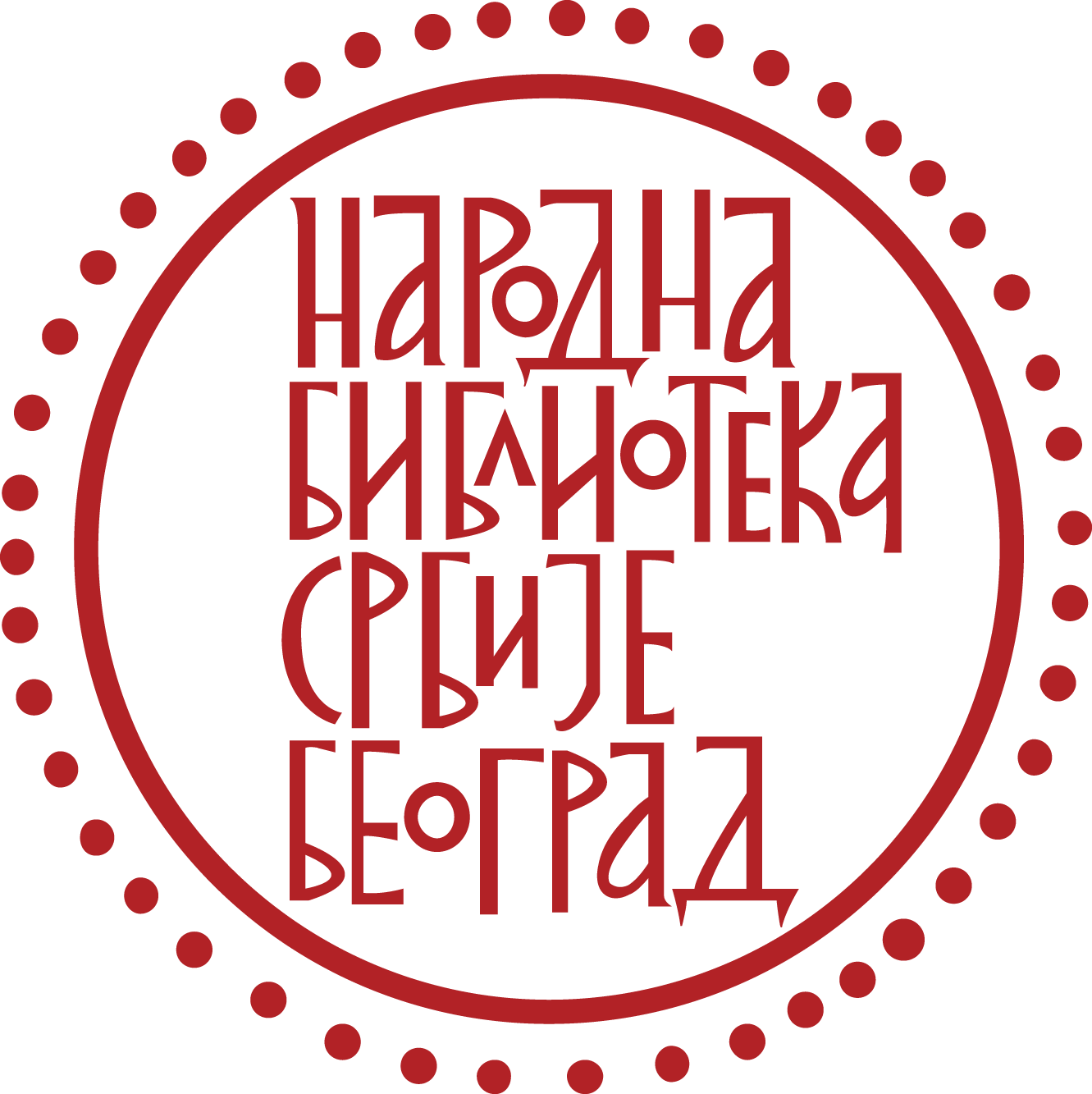Switches – the Rhetoric of Hetero-history in History: Politics/Ethics of Surviving and the (Im)possibility of Coding Home
DOI:
https://doi.org/10.18485/KNJIZ.2015.1.9%20Keywords:
H(h)istory, home, dentity (identification), gender, agencyAbstract
This paper analyzes the novel Jasmina Musabegović wrote in 1986. The path of identification through coding female gender means going back home, but only after it has been decontaminated ideologically. Bearing in mind that every topos represents a point in cultural discourse and that rails represent borders and perspectives of gender and cultural prefiguration, what we are interested in is whether Fatima is active in chaotic historical time-space, situated within those transitional topoi (period between the two wars and during WWII); are switches a skeptically colored, failed trope which cannot be transcoded onto female gender, since she lives a life of statics and not a life of changeability, or Fatima’s reversibility towards home tells us about the need for acknowledging the stigmatically and conventionally secondary topologies in authenticating oneself? Is the narrator, disregarding the fragile, but present poly-glossia, imprisoned in her own andro-text, corresponding with the following: what is the position of a woman in collective identification and strong positioning, can a woman be a formalized subject in history, and/or she follows a different path of identity coding through family politics/poly-ethics, togetherness, caring? In other words, doesn’t Switches omit unexpectedly, but intentionally Fatima’s settling down in the historical space, enabling her to preserve her self, without its isolation, but through protecting it in the difference of the marginal, leaving room for the empty (De Certau)?











